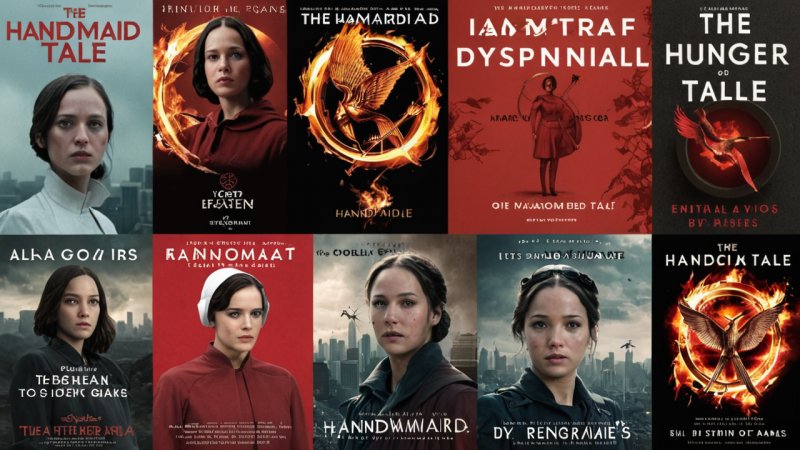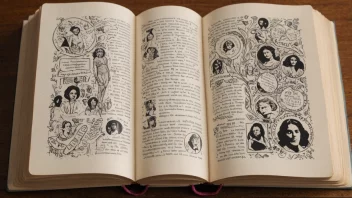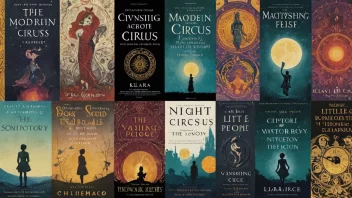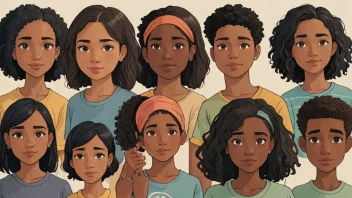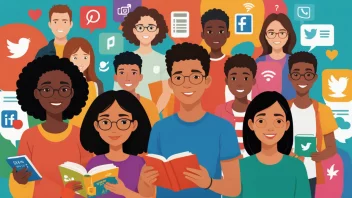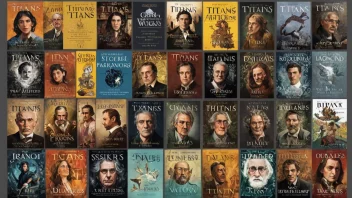Dystopian fiction has long served as a mirror reflecting societal fears, anxieties, and aspirations. As we delve into the complexities of our modern world, these narratives become increasingly relevant, revealing the consequences of unchecked power, environmental degradation, and social injustices. Through the lens of various dystopian works, we can glean insights into human behavior and societal structures that resonate with us today. Here are five impactful ways dystopian fiction influences our societal views.
1. Highlighting the Dangers of Totalitarianism
Dystopian novels often explore the repercussions of totalitarian regimes, showcasing the loss of individual freedoms and the oppressive nature of absolute power. Works like George Orwell's 1984 and Aldous Huxley's Brave New World serve as cautionary tales, warning readers of the potential consequences of authoritarianism. These narratives encourage readers to critically examine government actions and hold leaders accountable, fostering a vigilant citizenry.
2. Raising Awareness of Environmental Issues
Many dystopian stories are set in worlds ravaged by climate change and environmental neglect. Novels like Octavia Butler's Parable of the Sower and Cormac McCarthy's The Road paint stark pictures of a future where ecological collapse leads to societal breakdown. By engaging with these narratives, readers are prompted to reflect on current environmental practices and the urgent need for sustainability. The emotional weight of these stories often drives advocacy for change and reinforces the importance of environmental stewardship.
3. Examining Social Inequalities
Dystopian fiction often underscores existing social disparities, making them more visible and prompting critical discussions about inequality. In works like Suzanne Collins' The Hunger Games and Margaret Atwood's The Handmaid's Tale, systemic injustices are laid bare, forcing readers to confront uncomfortable truths about class, gender, and race. These narratives can inspire empathy and mobilize efforts toward social justice, as they highlight the need for reform and the fight against oppression.
4. Exploring Technology's Role in Society
As technology evolves, so do the narratives surrounding its implications. Dystopian fiction, such as in Neuromancer by William Gibson and Ready Player One by Ernest Cline, explores the duality of technological advancement—its potential to both liberate and enslave. These stories question the ethics of innovation, urging readers to consider the broader impact of technology on human relationships and society. By grappling with these themes, readers are encouraged to engage in discussions about responsible technology use and digital privacy.
5. Inspiring Hope and Resilience
Amidst grim realities, many dystopian narratives also highlight the resilience of the human spirit. Characters often rise against oppressive forces, embodying hope and the possibility of change. Stories like Fahrenheit 451 by Ray Bradbury emphasize the power of knowledge and the importance of resistance. These narratives not only entertain but also inspire readers to envision a better future and motivate activism, reminding us that even in the darkest times, change is possible.
In conclusion, the impact of dystopian fiction on societal views is profound and multifaceted. By reflecting on themes of totalitarianism, environmentalism, social inequality, technology, and resilience, these narratives provide critical frameworks for understanding our world. Engaging with dystopian literature encourages readers to reflect on their own lives and societal structures, ultimately fostering a passionate dialogue about the future we wish to create.
